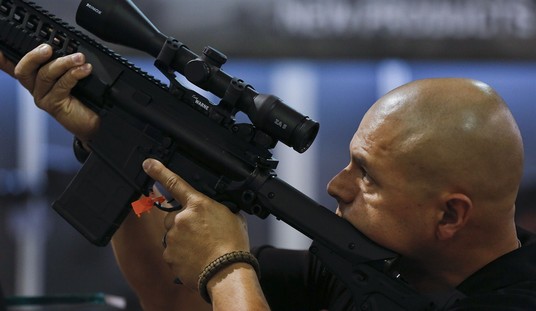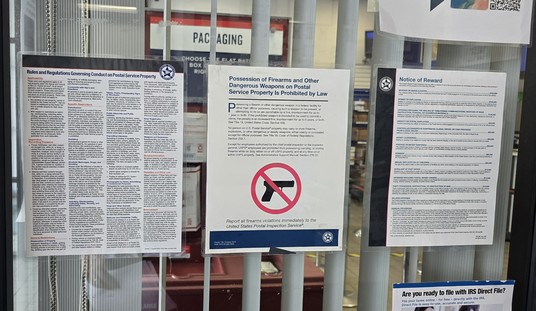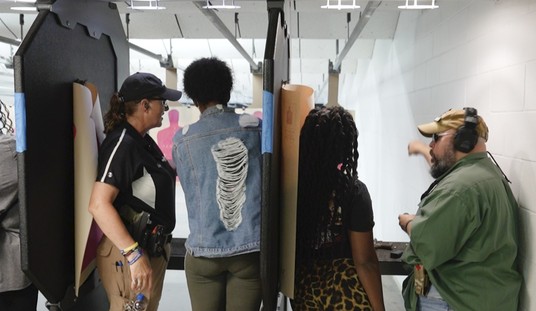Ask the Illinois State Police or the state’s Criminal Justice Information Authority how many “red flag” petitions have been requested in the state this year and you’ll likely draw a blank stare or a shoulder shrug. As the Chicago Tribune reported this week, there’s no agency keeping track of that data, and even ISP Director Brenden Kelly told the Tribune that the agency is only informed once a judge has signed off on an ERPO petition.
Even some supporters of the “red flag” law are troubled by the lack of transparency in the process. David Greising, president and CEO of the Good Government Association, claims in the Tribune that Extreme Risk Protection Orders are essential tools “keeping people safe” (a position I don’t agree with at all), but he has grave concerns with the impossibility of finding out basic information about how the law is being implemented and applied across the state.
Specifically, we know the issuance of restraining orders has tripled, yet we have no idea how many requests to the courts were denied. That’s in large measure because the Freedom of Information Act does not explicitly include the state’s courts, and Illinois courts in turn have exempted themselves from any obligation to respond to records requests.
FOIA laws require public entities — from the most powerful officials to the least prominent bureau of government — to hand over records, promptly and completely, when members of the public request them. They’re called public records for a reason: They’re our property, not the government’s.
But because the courts currently are exempt, the public has no way of knowing how many restraining order requests are made and how many are denied. This leaves us with little information with which to measure the role courts are playing in applying this key tool to reduce gun violence in Illinois.
It’s not just reporters and the public that don’t have this vital information. The Tribune reported that the Illinois Criminal Justice Information Authority, a state agency focused on research and analysis; the Administrative Office of the Illinois Courts; and even the Illinois State Police have no data on how many restraining order requests are filed. They are informed only when judges issue restraining orders.
…
The court system in the U.S. is a bulwark of democracy. In Illinois — where the effort to protect against assault with military-style weapons is still under appeal — how the courts handle the enforcement of red flag laws literally can be a matter of life and death.
How effectively are the courts handling this responsibility? The people of the state — along with the agencies that analyze, administer and enforce the law — have a need to know. But with the state’s courts standing in the way, it will take action from the state legislature to cast a light on the role the courts are playing with red flag laws and other vitally important aspects of government in Illinois.
This isn’t just a court problem, contrary to Greising’s claims. The state legislature is the body that approved the “red flag” law, and I’d argue its opaque nature is by design. The goal of the Extreme Risk Protection Statute was to make it easier to take guns away from people, not make it easier to document any government abuses. Lawmakers could have made at least statistical information on ERPO requests to public disclosure without violating the privacy of any individuals who were the subject of a petition, but they chose not to do that. In fact, they decided not to keep track of that information at all.
Greisling may be hoping that the state legislature will go back and fix the problem, but I doubt they see this as a mistake to begin with. The less we know about how this law is being applied the better, at least from an anti-2A point of view. What’s the benefit to them by shining some sunlight on the process? They’d much rather keep residents, the press, and government watchdogs like Greisling in the dark.









Join the conversation as a VIP Member